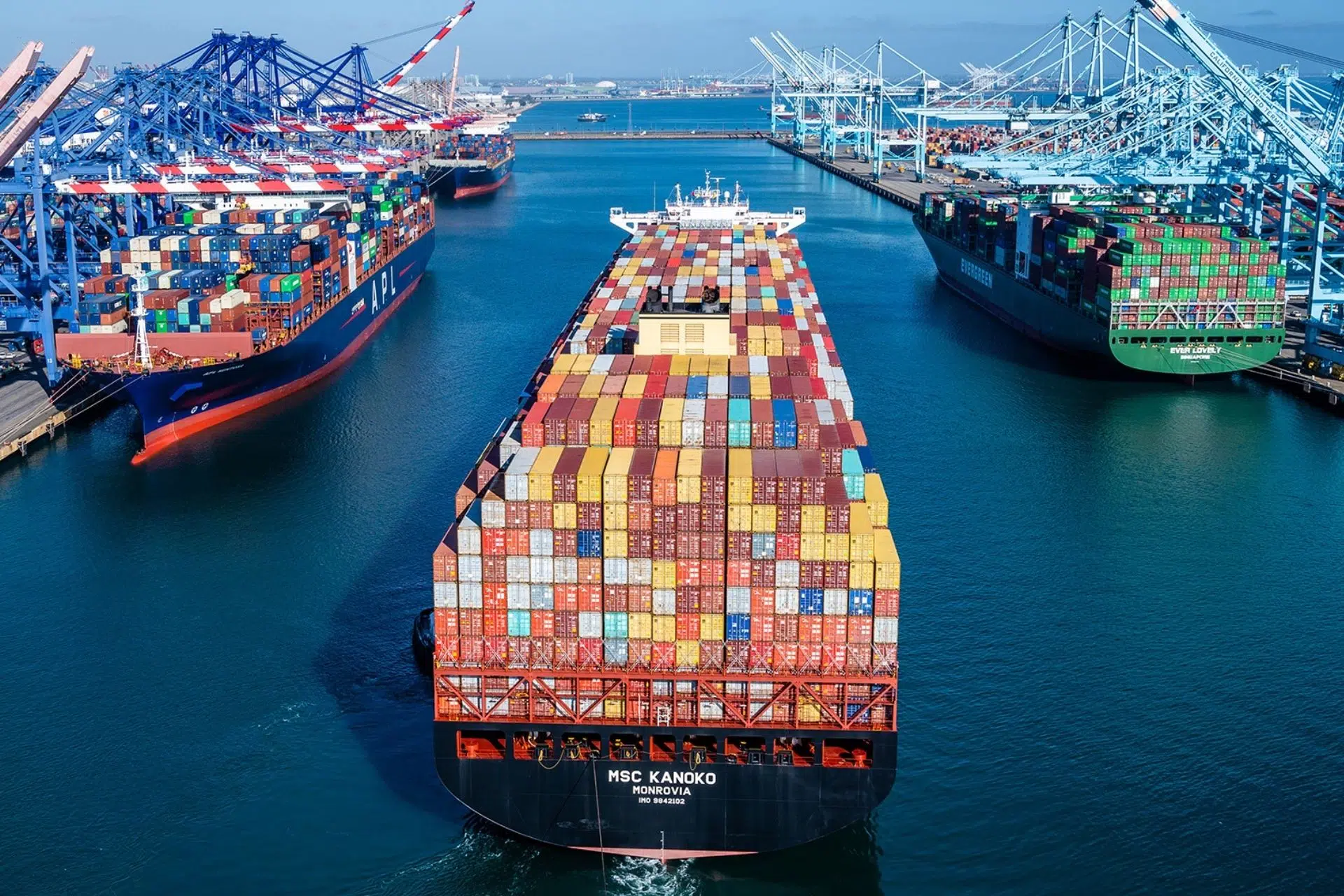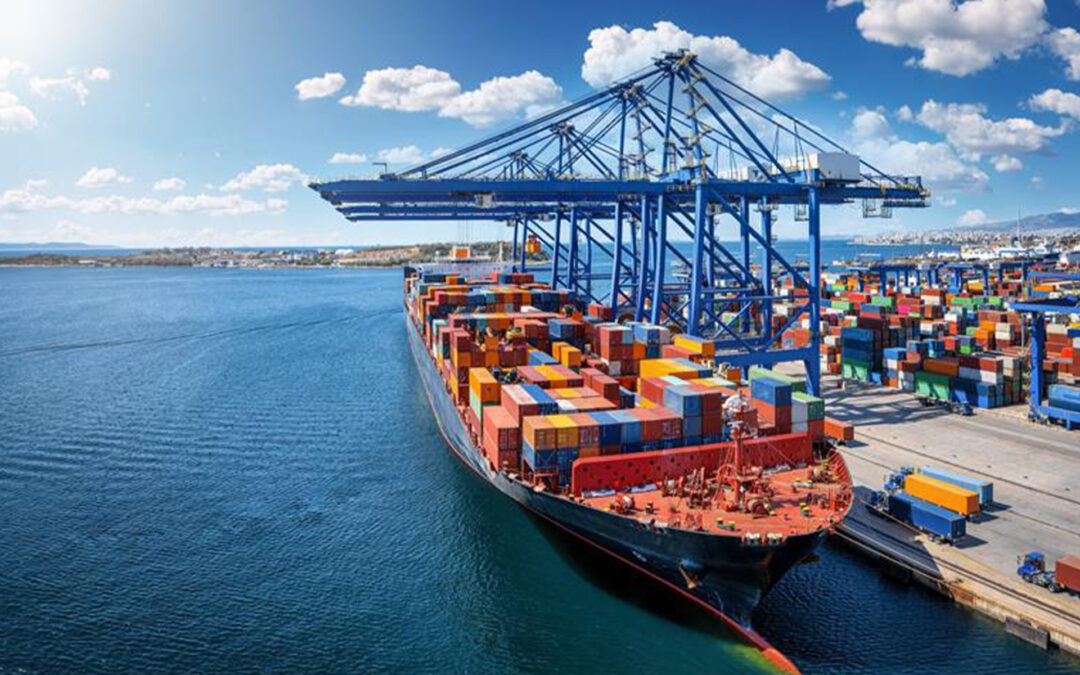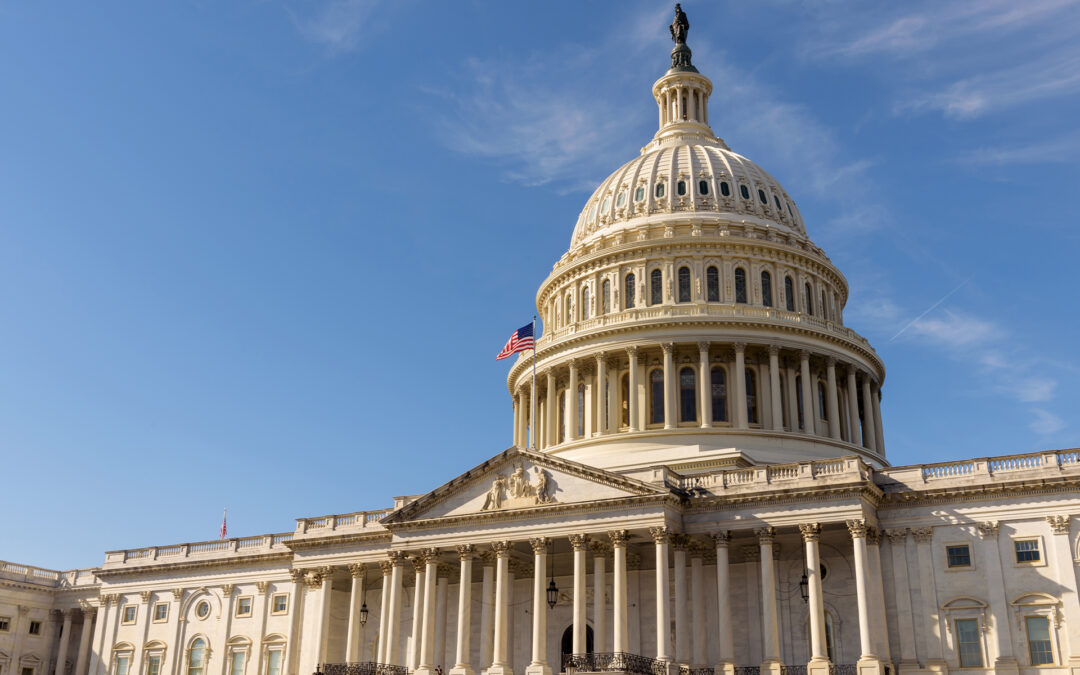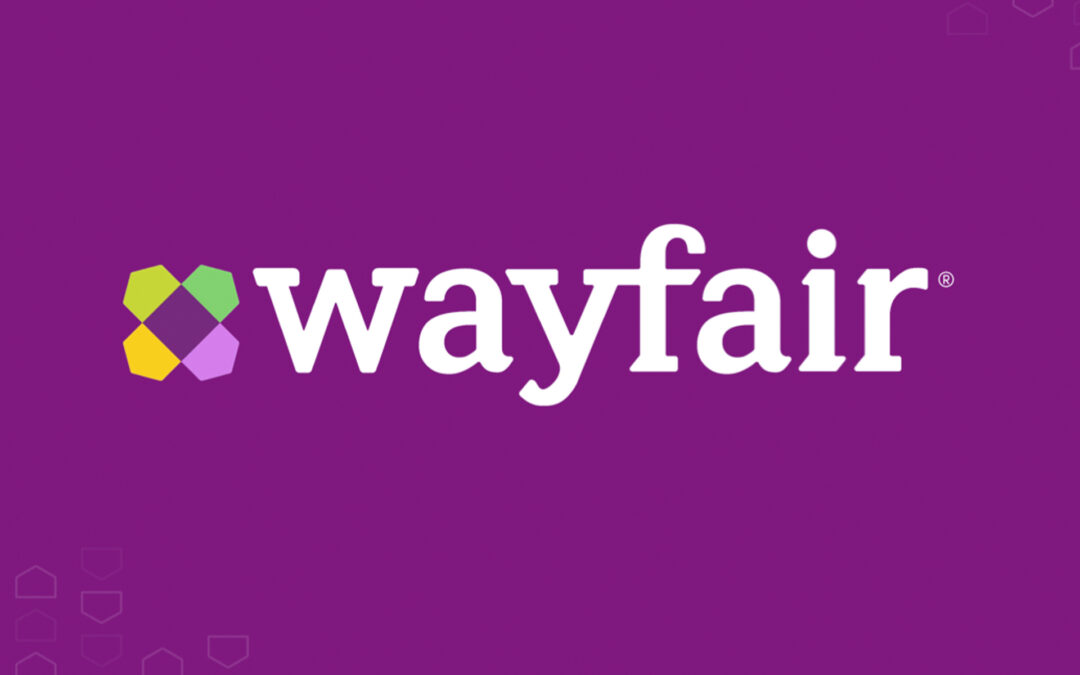The office of the U.S. Trade Representative (USTR) announced Thursday that U.S. port entry fees on Chinese cargo ships will begin in 180 days.
The action addresses what USTR described as “China’s unreasonable acts, policies and practices to dominate the maritime, logistics, and shipbuilding sectors.” The implementation of the port entry fees on Chinese ships follows a year-long Section 301 investigation, which included USTR convening a two-day public hearing, receiving nearly 600 public comments and consulting with government agency experts and USTR-cleared advisors, USTR reported.
“Ships and shipping are vital to American economic security and the free flow of commerce,” said Ambassador Jamieson Greer, the U.S. Trade Representative. “The Trump administration’s actions will begin to reverse Chinese dominance, address threats to the U.S. supply chain and send a demand signal for U.S.-built ships.”
The first phase of the port entry fees will begin 180 days after the April 17, 2025, action, according to USTR. In that phase, Chinese vessel owners and operators will be charged based on net tonnage per U.S. voyage, increasing incrementally over the following years; and operators of Chinese-built ships will be charged based on net tonnage or containers, increasing incrementally over the following years. In a move to incentivize U.S.-built car carrier vessels, USTR will impose fees on foreign-built car carrier vessels based on their capacity.
Section 301 of the Trade Act of 1974 is designed to address unfair foreign practices affecting U.S. commerce. The Section 301 provisions of the Trade Act provide a domestic procedure through which interested persons may petition USTR to investigate a foreign government act, policy, or practice and take appropriate action. Section 301(b) may be used to respond to unreasonable or discriminatory foreign government acts, policies, and practices that burden or restrict U.S. commerce.
On March 12, 2024, five national labor unions filed a petition requesting an investigation into the acts, policies and practices of China targeting the maritime, logistics and shipbuilding sectors for dominance.
The five petitioner unions are:
- The United Steel, Paper and Forestry, Rubber, Manufacturing, Energy, Allied Industrial and Service Workers International Union, AFL-CIO CLC
- The International Association of Machinists and Aerospace Workers
- The International Brotherhood of Boilermakers, Iron Ship Builders, Blacksmiths, Forgers and Helpers, AFL-CIO/CLC
- The International Brotherhood of Electrical Workers (“IBEW”)
- The Maritime Trades Department, AFL-CIO (“MTD”)
USTR reviewed the allegations in the petition and determined to initiate an investigation regarding the issues raised in the petition. On April 17, 2024, USTR requested consultations with the government of China.





